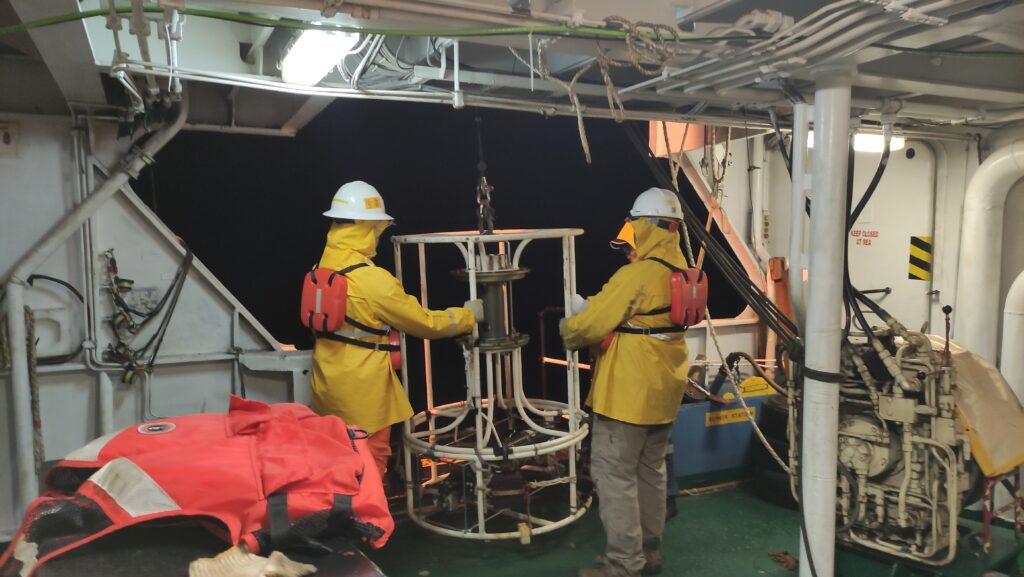
Metocean, the combined study of meteorology and oceanography, plays a vital role in various industries, particularly those related to offshore operations, marine engineering, and coastal management. By examining the dynamic interaction between the atmosphere and the ocean, metocean experts provide invaluable insights and data for making informed decisions in these fields. In this article, we delve into the fundamentals of metocean and its significance, shedding light on the key factors that influence this interdisciplinary domain.
The Basics of Metocean Studies
- Metocean Defined: Metocean is the scientific discipline that combines meteorology (the study of the atmosphere) and oceanography (the study of the ocean) to analyze the interactions between these two systems.
- Objectives of Metocean Studies: Metocean studies aim to understand and quantify various parameters, such as waves, currents, tides, wind, air pressure, temperature, and precipitation patterns, to provide comprehensive environmental data for offshore projects, coastal management, and marine operations.
The Importance of Metocean in Offshore Operations
- Site Selection and Design: Metocean data guides site selection for offshore infrastructure, such as oil rigs, wind farms, and subsea pipelines, ensuring their feasibility and structural integrity in the face of extreme weather conditions, waves, and currents.
- Operational Safety and Risk Mitigation: Accurate metocean assessments help mitigate risks associated with extreme weather events, storm surges, and rogue waves, ensuring the safety of personnel, vessels, and offshore assets.
Metocean’s Impact on Coastal Management
- Coastal Erosion and Sediment Transport: Metocean data helps understand coastal erosion processes, sediment transport patterns, and shoreline dynamics, enabling the implementation of appropriate erosion control measures and coastal protection strategies.
- Coastal Flooding and Storm Surge Modeling: By analyzing meteorological conditions and oceanographic parameters, metocean experts can predict storm surge levels and coastal flooding, aiding in the development of early warning systems and flood management plans.
Applications of Metocean in Marine Engineering
- Offshore Structure Design: Metocean information is crucial for designing offshore platforms, breakwaters, and coastal structures, taking into account wave loads, sea states, and wind forces.
- Underwater Acoustics and Subsea Communications: Understanding metocean conditions assists in optimizing underwater acoustic systems, submarine cable routing, and subsea communication networks, ensuring reliable and efficient data transmission in challenging marine environments.
Metocean studies form the backbone of decision-making in offshore operations, coastal management, and marine engineering projects. By bridging the disciplines of meteorology and oceanography, metocean experts provide the necessary data and analysis to assess risks, optimize designs, and ensure the safety and sustainability of marine environments. As the demand for offshore ventures and coastal developments continues to grow, the importance of metocean research and its role in shaping our interaction with the marine world cannot be overstated
